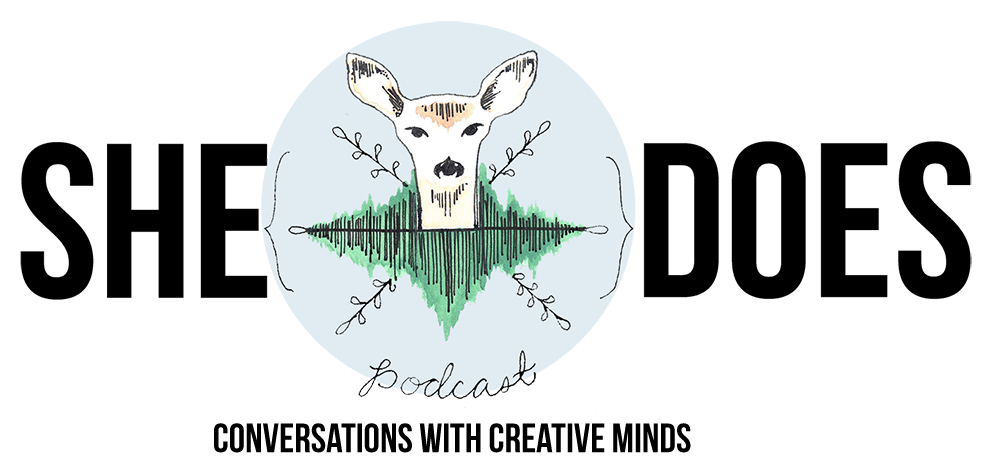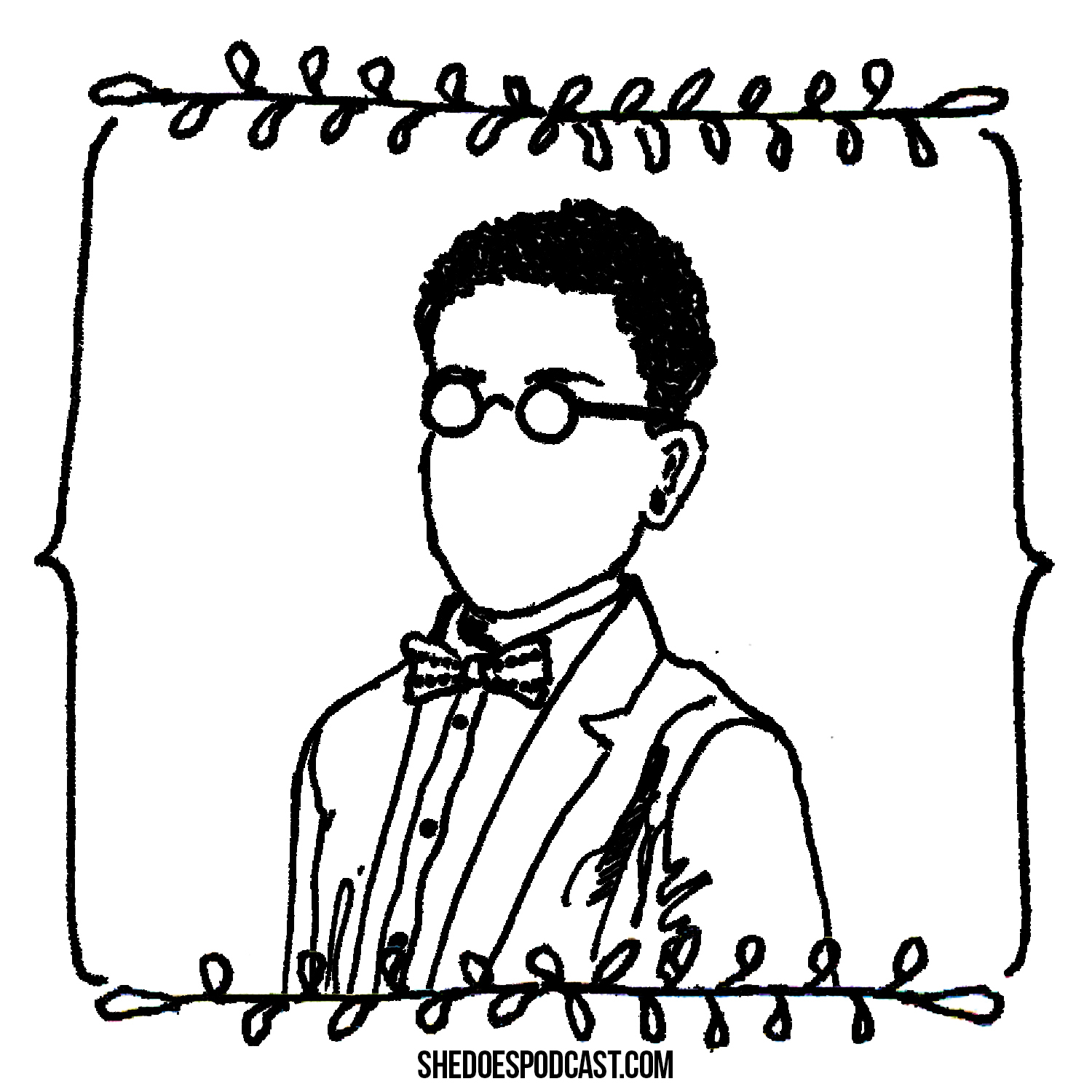It’s difficult to sum up what Kara Oehler does in a single title. The process quickly turns into a hyphenated chain of words--documentarian-radio producer-tech founder-interactive media producer-entrepreneur-academic. We chatted with the co-founder of Zeega and GoPop--the latter which was recently acquired by Buzzfeed--about her early influences, growing up in the woods of Indiana, starting communities like UnionDocs Collaborative Studio and metaLAB at Harvard, living out of her car to document Main Streets across America, and being a female in the tech and startup world. Come along for the ride, it’s a lot of fun.
“To start a genre, and to form a community, you have to make up all the words for it. There are a lot of words like that, interactive documentary is one. There was point where that combination of words had no search results on Google. But then you start writing about it, talking about it at conferences and then it becomes a genre.”
RELATED LINKS
Kara on Twitter
Buzzfeed Acquires Go-Pop
Zeega Storytelling Platform
Union Docs Collaborative
Mapping Main Street Interactive Documentary
Kara’s Audio Documentaries: Third Coast Festival
Matter VC
Kara as “Woman Celebrates 4th Year Of Weaning Self Off Facebook“ via The Onion
How to Pronounce GIF
Who is your career role model? I've got an incredible group of passionate friends and family who are all doing amazing work. I get inspiration from them every day. And my parents.
What is a tool you can't live without? I love my Sound Devices 722. I've had it since 2005 and it creates the most beautiful recordings. And this winter, my LL Bean duck boots have been clutch.
How do you take your coffee? At home: french press, black. At a fancy coffee shop: latte.
What's your spirit animal? Llamacorn (Llama + Unicorn)
Name: Kara Oehler
Current City: Brooklyn, NY
Date of Birth: 1978
What are you listening to now? I'm loving the Radiotopia podcasts, Gimlet podcasts, and Invisibilia. I find out about new releases from Other Music's email list and listen to a lot of WFMU.
What film/book/show/piece of media changed you? I'm a huge admirer of South African artist William Kentridge. The first piece I saw of his was a work called Black Box / Chambre Noir. It was a study for his artistic direction of a staging of the opera The Magic Flute, employing charcoal drawings, mechanical moving puppets and projections within a black box. He used this medium to tell the story of the Herero genocide in Namibia under German colonial rule in the early 1900s. The piece completely took me by surprise. I sat in front of it for a couple hours and wept. In 2010, I interviewed Kentridge and asked him about approaching subjects like genocide or apartheid in this way. Here's what he said:
“To be human at all is to say, we need to forget a huge amount. But hold on to a tiny amount. But there’s some band between remembering and forgetting in which we can survive and exist. And I suppose the drawings in one sense take that narrow band and move within it and say, this is the band within human experience.”
I think it’s often the job of storytelling to try and find that band - that entry point for people to be able to take in information and question their own role as a witness or participant, or to just simply connect with a stranger's story. And this is something that Kentridge does with so much thought, emotion and skill.
CLIPS FEATURED IN SHOW:
This American Life #277, Apology
Korva Coleman (NPR)
“And I Walked” Third Coast
2008 Presidential Debate


